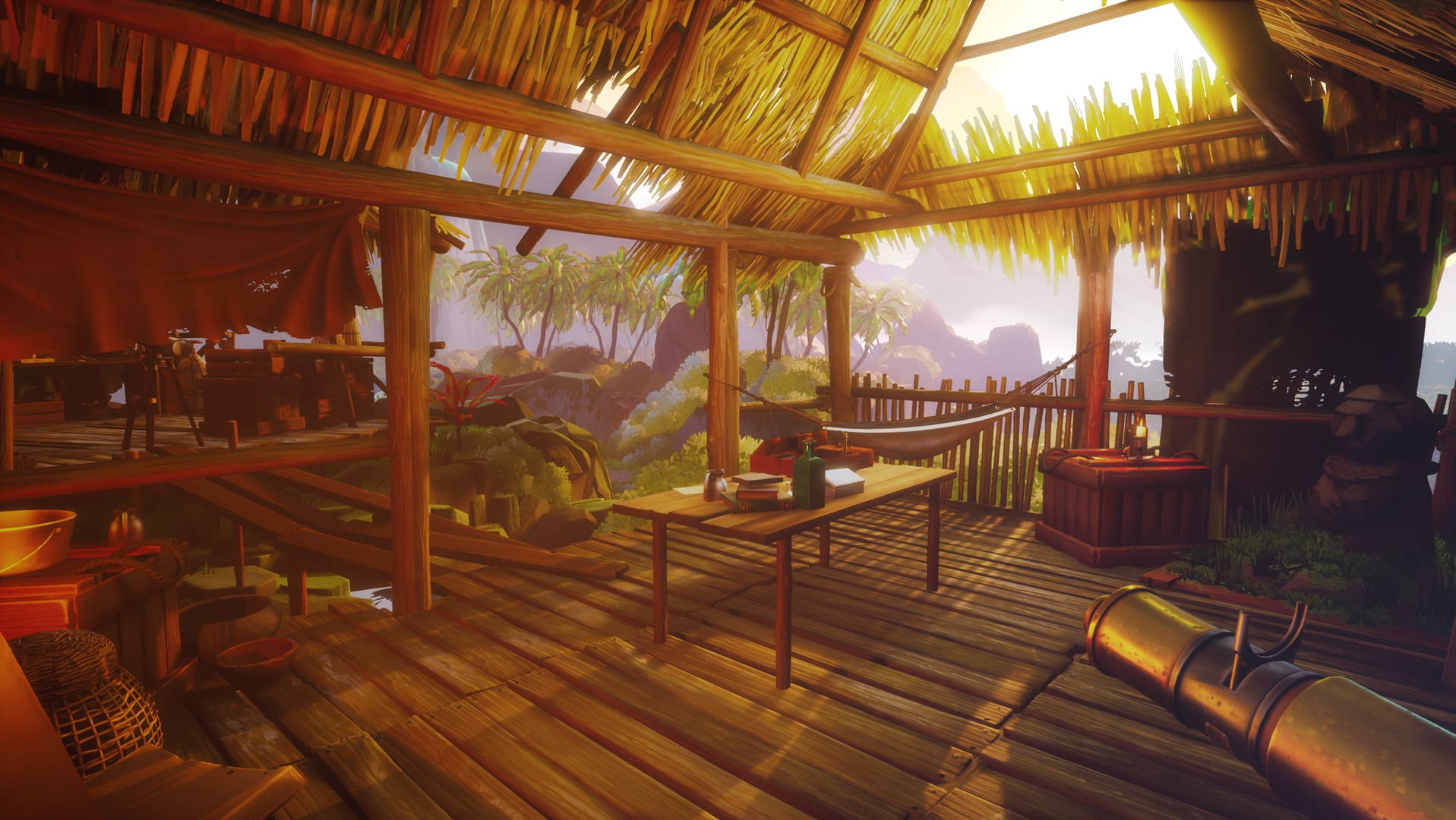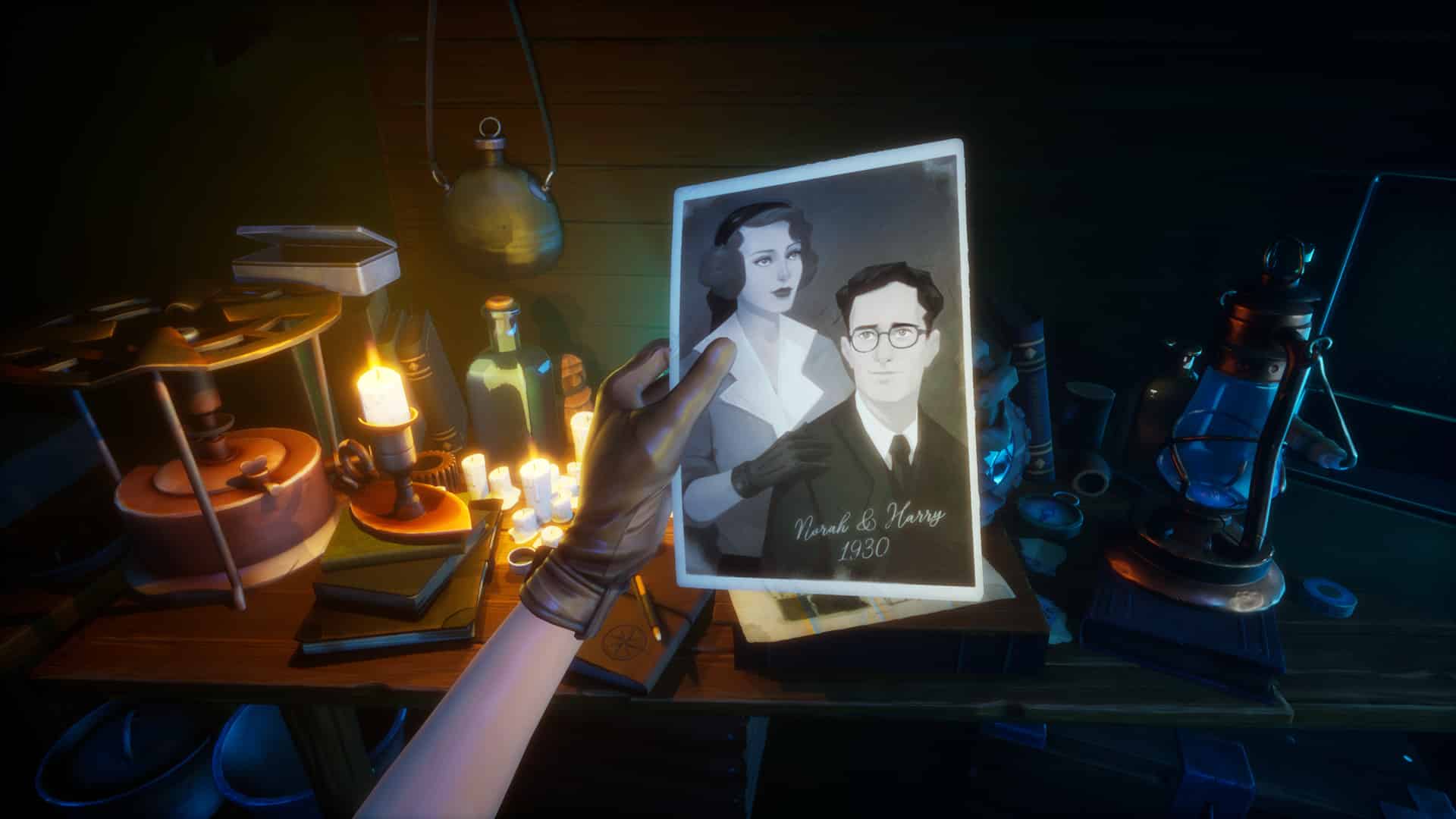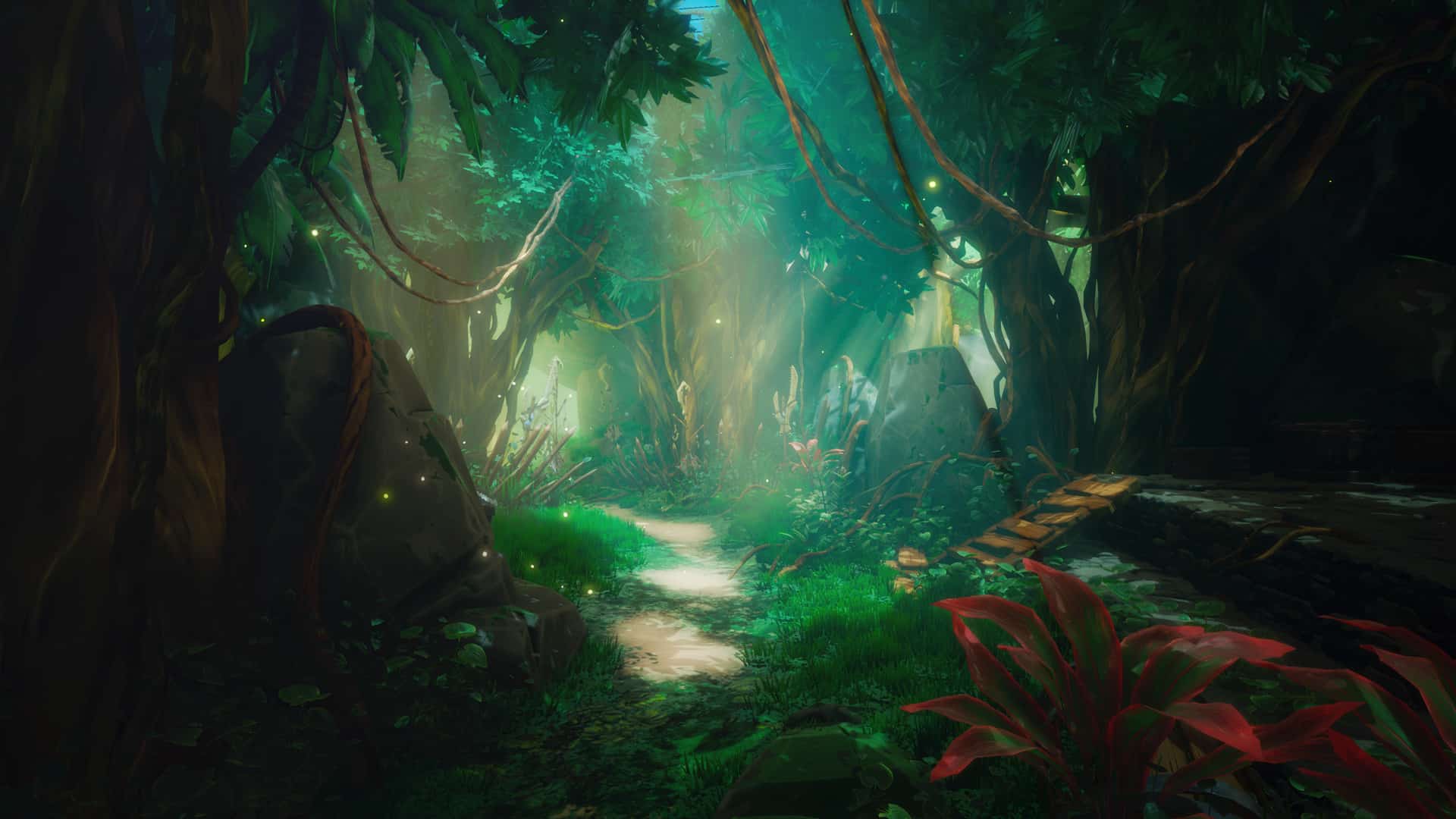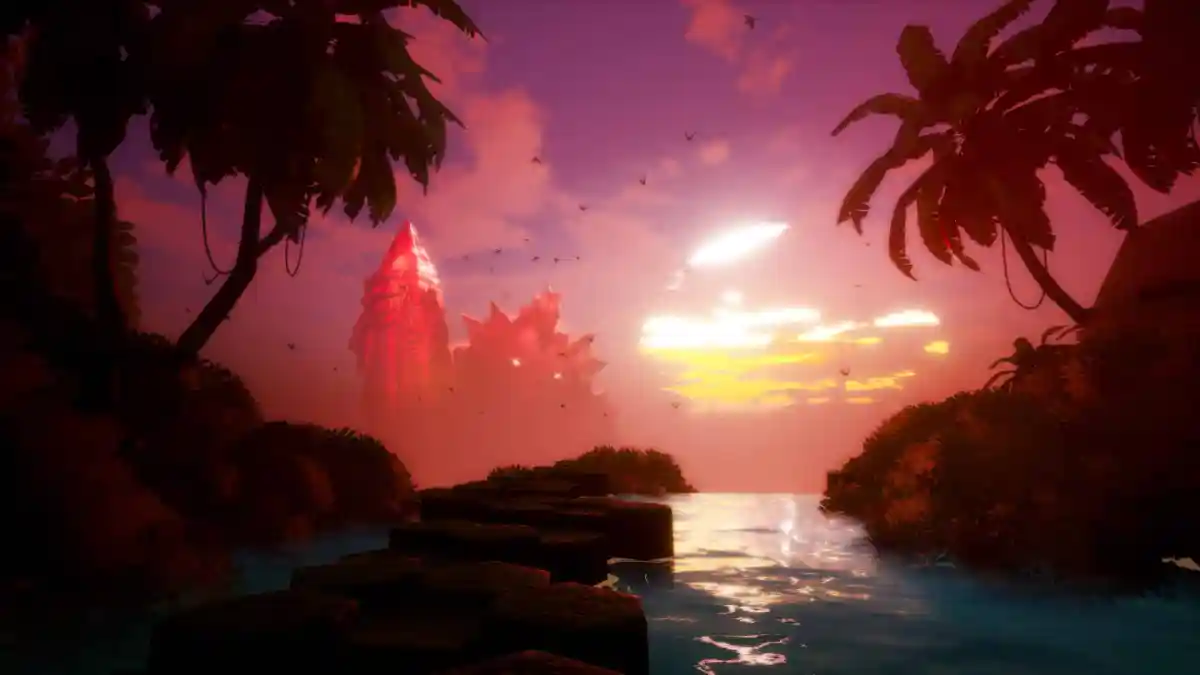Throughout the ‘80s and ‘90s, most video games fit neatly into a handful of predescribed genres. Mario was a platformer, Final Fantasy an RPG, Tetris a puzzler, Madden a sports game, and ToeJam & Earl was… whatever the hell it was. When the medium was relatively simple, it was easy to put things into nice, neat boxes that immediately clued you into what type of game you were about to experience. But over the past few generations, games have grown far more complex and varied and, in turn, have outgrown the vocabulary we use to define them. The breadth and depth of Assassin’s Creed Valhalla’s systems give it shades of action, adventure, RPG, stealth, and world sim, without fully fitting into one of those distinct categories.
One genre that has truly outgrown its name is the “walking simulator,” which has grown from strange experimental indie games to some of the most memorable gaming experiences over the course of a single decade. One need only look at how they grew to become focal points at Xbox and PlayStation showcases, with games like Firewatch, Everybody’s Gone to the Rapture, and Tacoma being shown on stages alongside the likes of Uncharted and Halo. The latest example of an incredible game that’s so much more than just simulated walking is Call of the Sea, which came to Xbox and PC in December and quickly became one of my biggest gaming surprises of 2020.
The first game by Out of the Blue, a Spanish team composed of AAA industry veterans, Call of the Sea is a fantastic first-person adventure with influences ranging from Jules Verne and H.G. Wells to Lost and H.P. Lovecraft. You play as Norah, a woman suffering from an unknown illness who travels to a mysterious island in the South Pacific in search of her husband Harry, who went missing during his own search for a cure for Norah’s illness. From her inner monologue, to the items Harry and his crew left behind on their expedition, to memories of their relationship from earlier times, the writing and performances consistently deliver throughout the five-hour adventure.

Call of the Sea is just the latest in a long line of incredible first-person adventure games that rely heavily on story and atmosphere instead of traditional combat verbs. The likes of Dear Esther and Gone Home were among the earlier games to usher in this trend, mostly on PC before branching out to console. Like Call of the Sea, both of those games throw you into a mysterious situation where you have to piece together what happened by exploring a space and examining the items left behind by those who came before you. When it clicks, the so-called walking simulator genre brings up strong feelings of losing yourself in a museum and somehow forgetting where you are in time and space.
Perhaps no game has captured that museum feeling better than What Remains of Edith Finch. The 2017 adventure game has you exploring your old family home, which held several generations of the Finch family before each one met an untimely demise thanks to a familial curse. Though it’s now empty, everyone’s bedrooms are left just as they were, preserved from the moments prior to their deaths. In each room is an object that transports you to a short vignette of their final moments of life, each one presented in a different and uniquely fantastical manner. I wrote about it in depth earlier this year, and it remains a powerful experience and conveys that sense of museum exploration perfectly.
While Dear Esther and Gone Home exuded an underlying creepiness in their isolated settings and low hum of dread, neither one would be defined as a horror game. But the genre quickly branched out into true horror, and first-person adventures became an incredible easel for some of the most terrifying experiences of the past decade. This includes the fantastic Devotion from Taiwanese developer Red Candle Games, which has had a tough time finding a reliable release platform for the past year and a half thanks to the Chinese government. There’s also Hideo Kojima and Guillermo Del Toro’s P.T., which is the high-water mark in horror despite only being a teaser for a full game that never came to be.

Call of the Sea does a wonderful job of melding different elements together into one cohesive experience, and that includes both the aforementioned sense of dread and its excellent puzzles. The mental challenges scattered about the island bring to mind shades of Myst and Timelapse, two ‘90s PC classics that felt revolutionary at the time. While Call of the Sea doesn’t present its entire island to be explored right from the outset like 2016’s The Witness, it builds its puzzles around keen observations of the full environment in a way that keeps the player engaged for the whole playthrough.
Call of the Sea feels relatively traditional in terms of its structure and storytelling — not in a bad way, but rather what you see and hear in the game is generally meant to be taken at face value. But throughout the decade, the “walking simulator” genre has birthed experiences that are anything but traditional. Thirty Flights of Loving tells a fragmented story of a heist gone awry using a series of smash cuts to thrust you forward in time. The Stanley Parable completely obliterates the fourth wall by allowing you to defy the narrator of the story, which sends you down any number of bizarre and thought-provoking paths. That Dragon, Cancer is the autobiographical story of the developers’ child battling with terminal cancer. And the musically driven adventure games of Cosmo D feel like you’re stuck trapped inside a fever dream, with no way out but to push on forward.

It goes without saying, but “walking simulators” aren’t going anywhere anytime soon, as is evident by the fact that Open Roads was announced earlier this month at The Game Awards. The third game from Gone Home developer Fullbright, the game stars Keri Russell and Kaitlyn Dever as a mother and daughter on a road trip. A similar road trip walkabout in the works is Forever Ago, though its focus is on an old man and his dog.
While it’s easy to just classify any first-person game without combat as a walking simulator, it’s clear that the genre is so much greater and more varied than those somewhat dismissive two words. From the experimental language of Thirty Flights of Loving, to the sublime horror of P.T., to the interactive storytelling of Firewatch, to the well-crafted puzzles of Call of the Sea, there’s so much developers have done in the space, and it’s clear that there’s so much more coming on the horizon. It’s time to give some consideration to creating new labels to reflect that.






Published: Dec 23, 2020 11:00 am